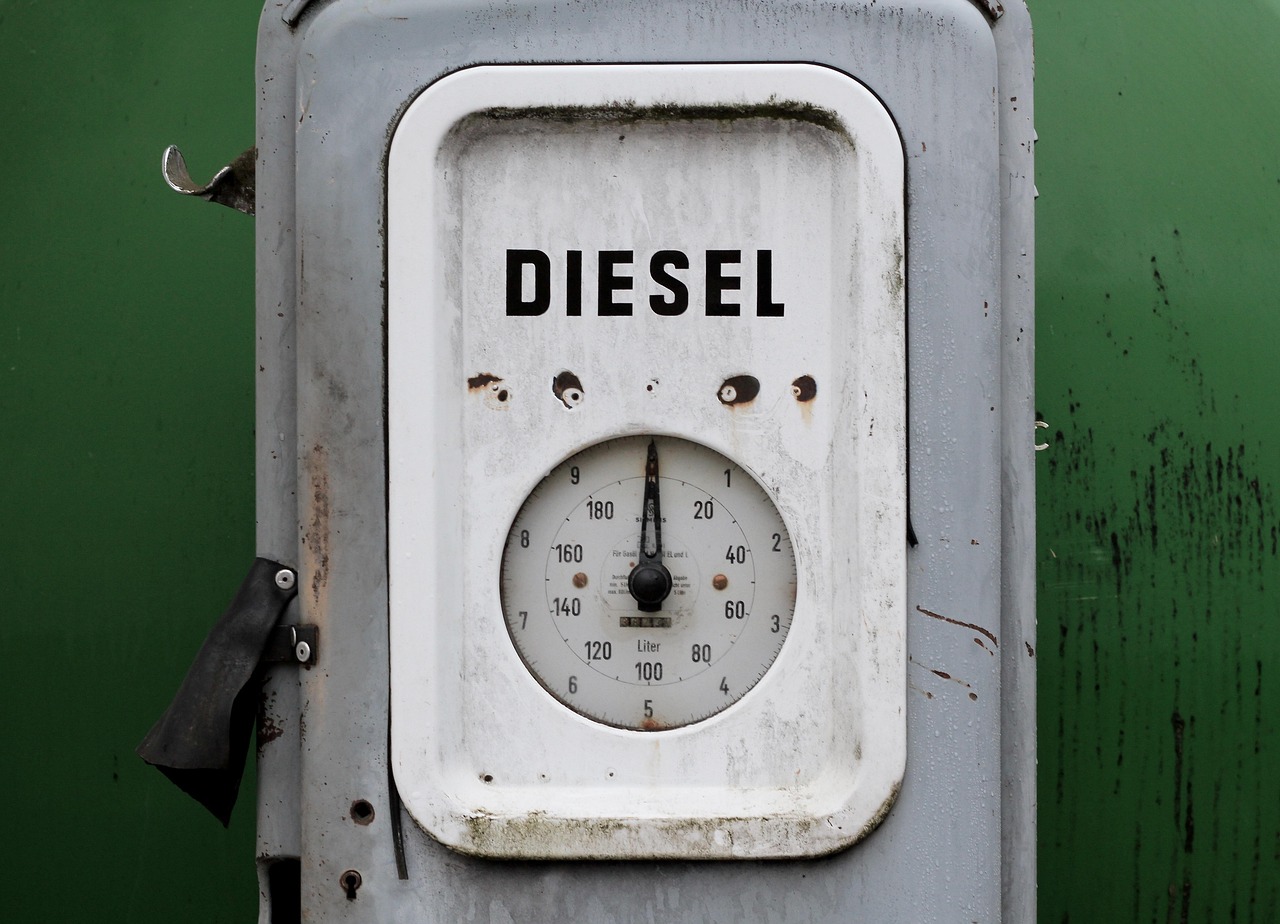
The end of the road might be near for older diesel vehicles in Spain. A stringent new regulation for the Technical Vehicle Inspection (ITV) is on the horizon, aiming to drastically reduce emissions on European roads. Diesel cars registered between 2011 and 2015 are particularly affected, as a new measurement procedure checking the functionality of the Diesel Particulate Filter (DPF) could put immense pressure on these vehicles.
Europe Tightens the Screws on Diesel Cars
The European Union has long pursued the goal of improving air quality and reducing environmental pollution from vehicle emissions. In this context, diesel engines, especially those with Euro 4 and Euro 5 standards, are increasingly becoming a focal point. Many of these vehicles, though relatively young, exhibit defects due to wear, manipulation, or deliberate removal of the DPF, which often went undetected during ITV inspections. The new protocol aims to change this by enabling a more precise verification.
The New ITV Protocol: Particle Counting Instead of Visual Inspection
Spain is preparing to introduce an advanced testing method already successfully implemented in countries like Germany, Switzerland, and the Netherlands. The core of this innovation is particle counting. While the diesel vehicle is idling, a high-precision particle counter measures the number of suspended particles per cubic centimeter over a 30-second period. If the value exceeds the permissible limit, the vehicle will fail the ITV inspection, even if no visual or acoustic defects are apparent. This signifies the end for manipulated, clogged, or missing diesel particulate filters.
Repair or Disposal: A Costly Decision
If a vehicle fails the new ITV test, vehicle owners face a difficult choice. Restoring a functional DPF can incur significant financial burden. For many older models, new filters are often no longer available, and acquiring used parts carries legal and technical risks. Repair costs can quickly exceed the vehicle’s residual value, often making disposal the more economically viable, albeit undesirable, option. In Germany, a similar regulation already led to over 500,000 diesel cars being removed from the roads – a scenario that now threatens Spain.
Insurance Coverage at Risk: The Dangers of Technical Negligence
The consequences of a non-functional or missing DPF are not limited to the ITV inspection. Driving such a vehicle could be interpreted as technical negligence. In the event of an accident, this could lead to the car insurance refusing coverage or reducing compensation, especially if a connection between emissions and the accident or the denial of emission-related manipulations is established. This significantly increases the financial risk for vehicle owners.
The Gradual End for Older Diesel Vehicles in Europe
The introduction of the new ITV protocol is another step in the European Union’s comprehensive strategy to gradually phase out diesel engines from roads. In addition to stricter inspections, the increasing number of Low Emission Zones (ZBE) in major European cities also contributes to restricting and, in the future, completely prohibiting the use of older diesel vehicles in urban areas. What was once considered an economical and durable vehicle choice might now prove to be an investment with no future prospects on European roads for many owners of older diesels.



